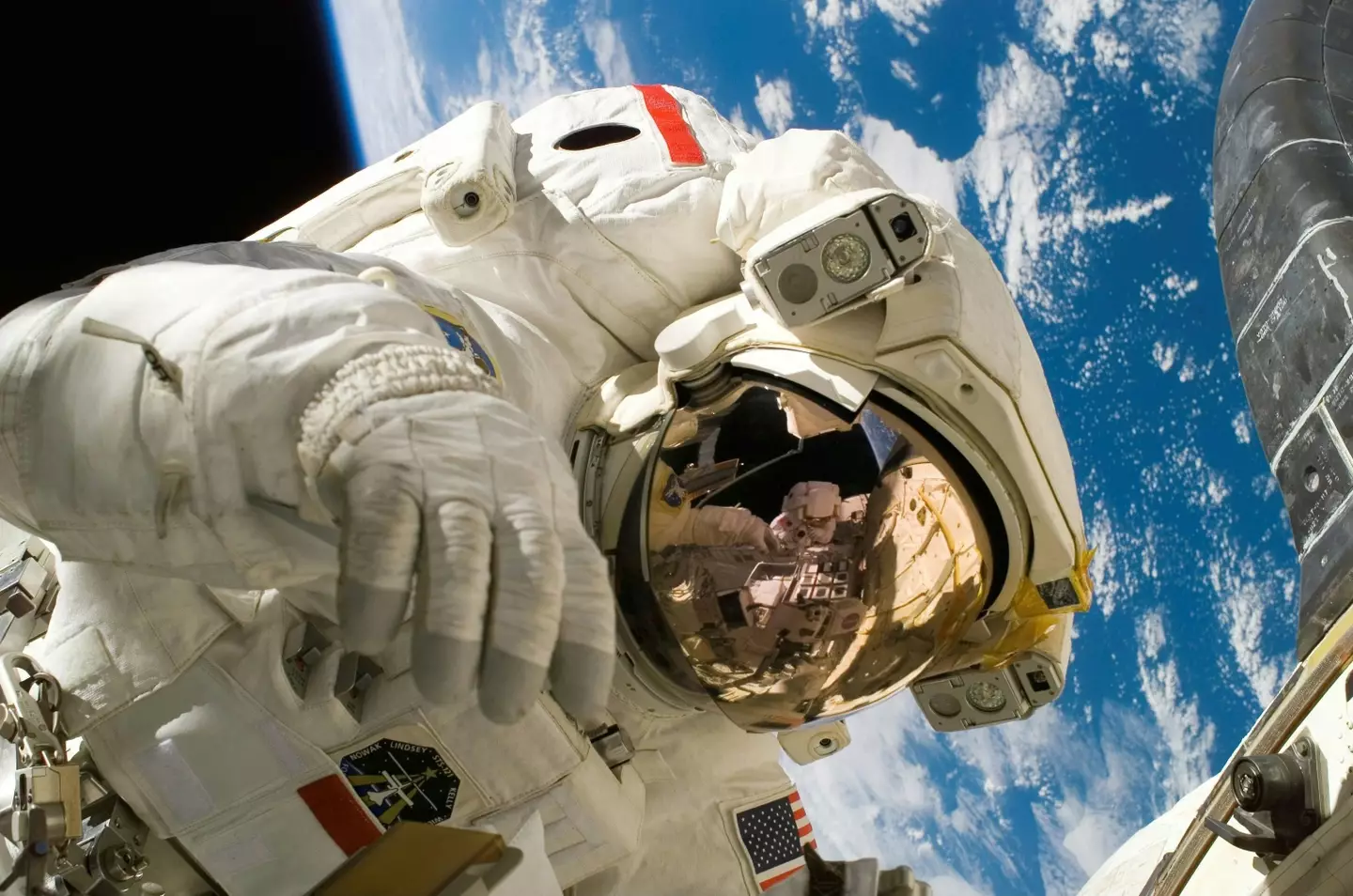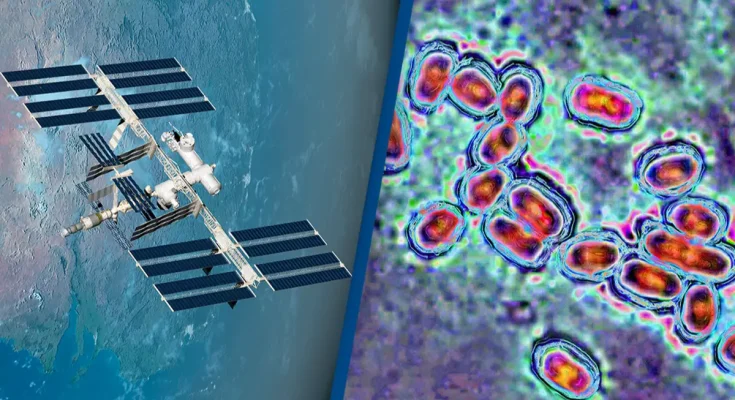When bacteria starts to mutate in space you best believe it is a cause for concern – especially if you’re an astronaut living with it
For the last 75 years mankind has sent thousands of things into space, whether that’s rockets, satellites, fruit flies or whatever else.
With all these things hurtling out of our atmosphere you never really think of the bacteria on them – and there must be a lot of bacteria we’ve exported into space – just last year 2,644 objects launched into space.
While most bacteria is harmless, it can sometimes be dangerous – one type that can cause illness is Enterobacter bugandensis – something which was discovered on the International Space Station (ISS) back in 2018.
At the time there were only five strains reported of the bacteria, which according to previous studies has been associated with ‘severe clinicla infection’ but following further investigations an additional eight strains of the multi drug-resistant bacteria was discovered.
Of course, the microbes and bacteria that occupy the same space as astronauts on the ISS are vital to their wellbeing and health, so when there’s a dangerous bacterial onboard that then begins to mutate there are worries.
Despite the ISS being described as a ‘highly controlled environment, characterised by microgravity, increased CO2 levels, and elevated solar radiation’, these microorganisms still managed to penetrate.
.jpg)
In fact, it’s thought some microorganisms exposed to microgravity ‘can acquire antibiotic resistance and heightened virulence via rapid mutations and horizontal gene transfer’.
Enterobacter bugandensis is said to have found a ‘niche’ in the ISS and become distinct from its earthly counterparts.
As per a study released in March this year, the bacteria is an opportunistic pathogen. This means that it will only cause disease in a person if they’re battling a disease already or have a weakened immune system for other reasons. This isn’t uncommon in astronauts who have been in space for a prolonged period of time.
For the sake of astronauts’ health, it’s important that scientists know how bacteria might mutate when up in space – something which the study hoped to find out about.

In regards to how the pathogen can affect a person, the study states: “Enterobacter species act as opportunistic human pathogens, causing nosocomial infections with bacteremia, lower respiratory tract, osteomyelitis, sepsis, and urinary tract infection.”
As to what ‘drives’ the bacteria, the study goes on to explain: “A hypothesis central to our study was that the singular nature of the stresses of the space environment, distinct from any on Earth, could be driving these genomic adaptations.”
It’s hoped that the findings will ‘offer a window into the microbial ecosystem dynamics within the ISS’ in a bid to mitigate the risks astronauts might face that are associated with potential pathogenic threats.



